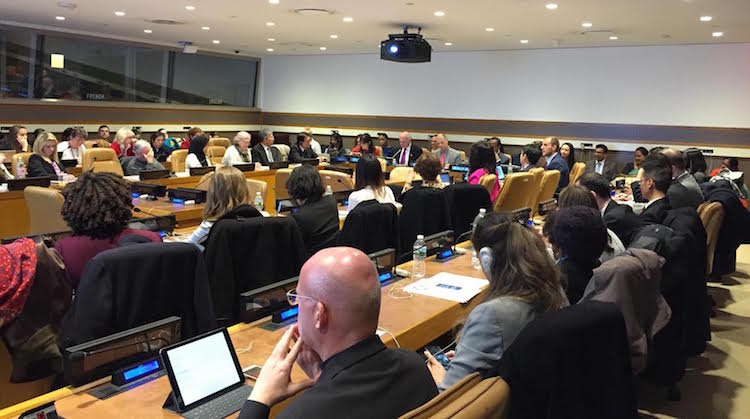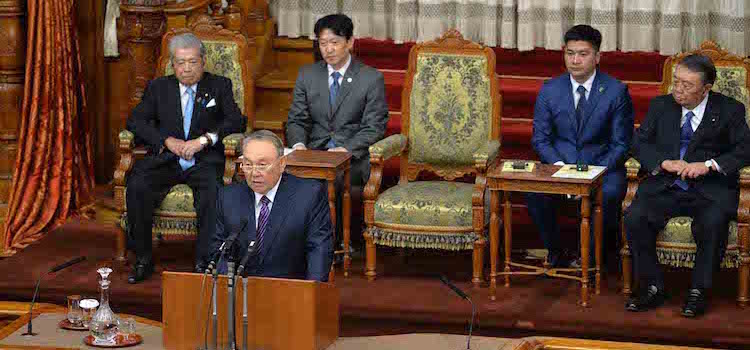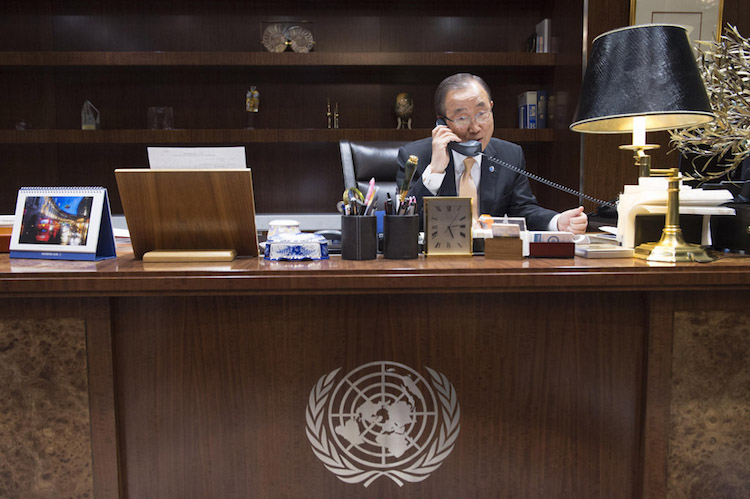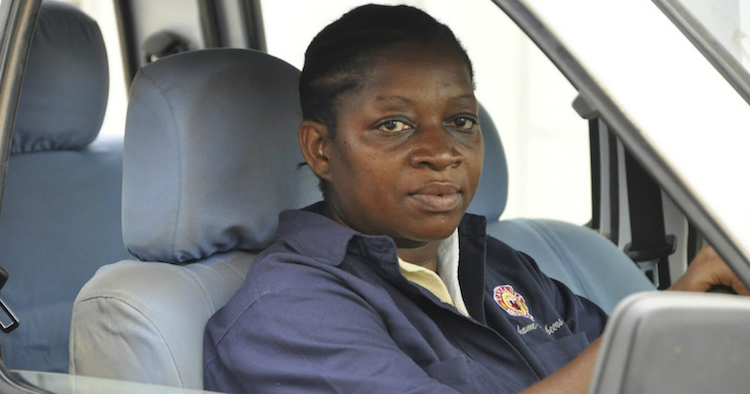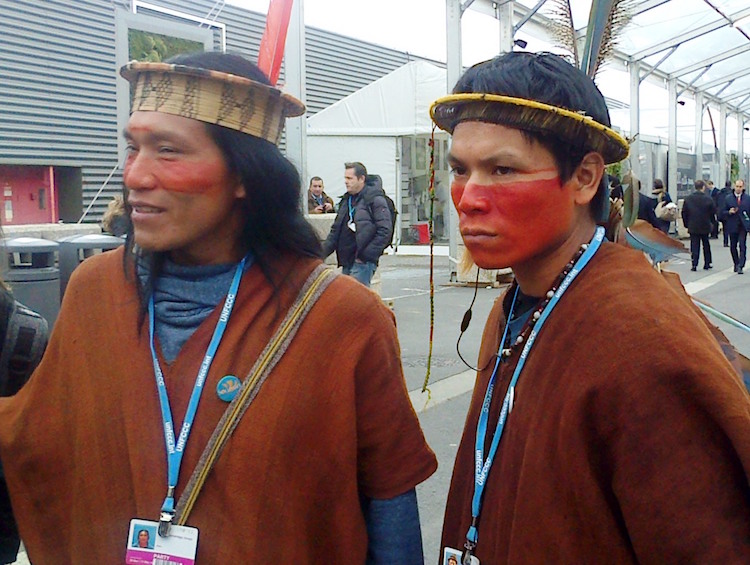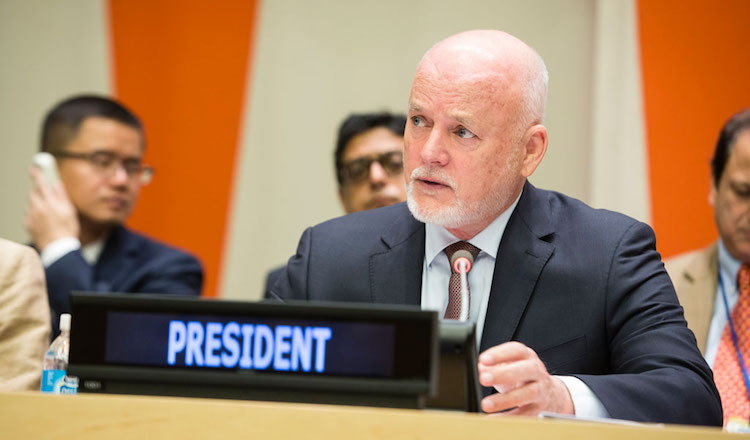By Rodney Reynolds
UNITED NATIONS (IDN) – Secretary-General Ban Ki-moon, who has continued to reiterate the key role to be played by youth in the implementation of the UN’s 17 Sustainable Development Goals (SDGs) by 2030, points out that many young people across the world have been disproportionately affected by economic crises and recession.
“As torch bearers of the new development agenda, you have a critical role to play in ending poverty, inequality, hunger and environmental degradation. Your actions will be central in ushering in an era in which no one is left behind,” he told a gathering of youth.

